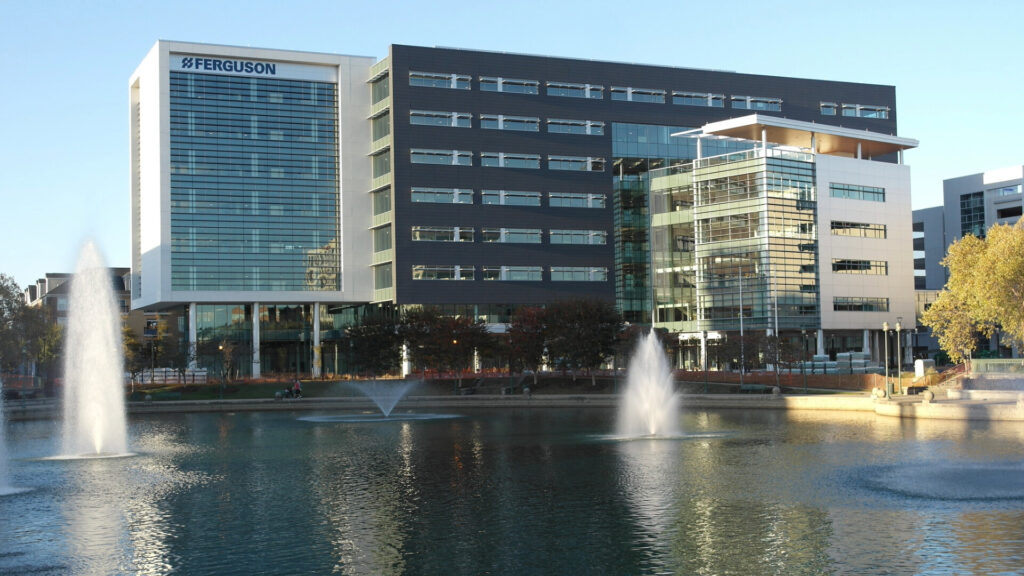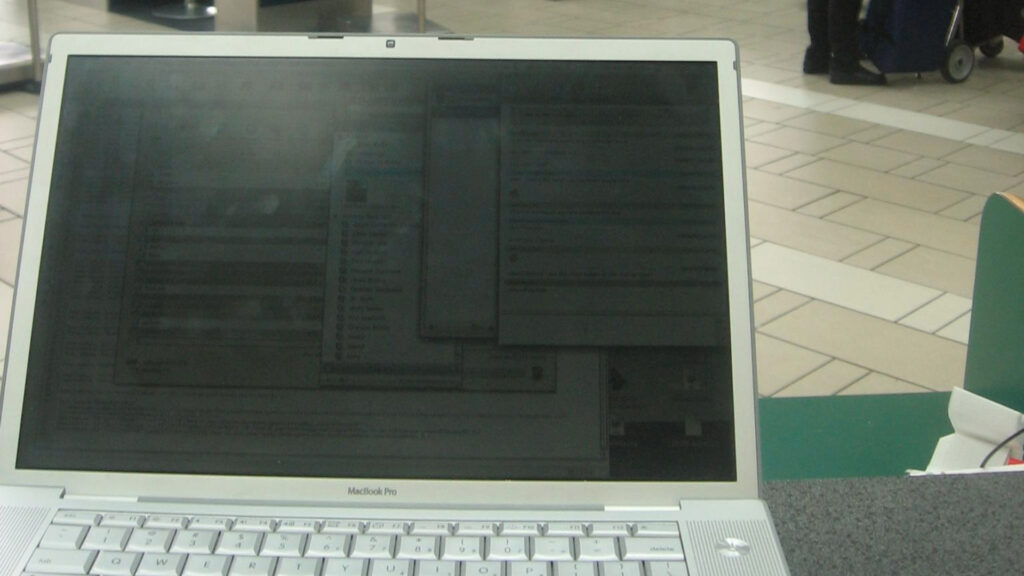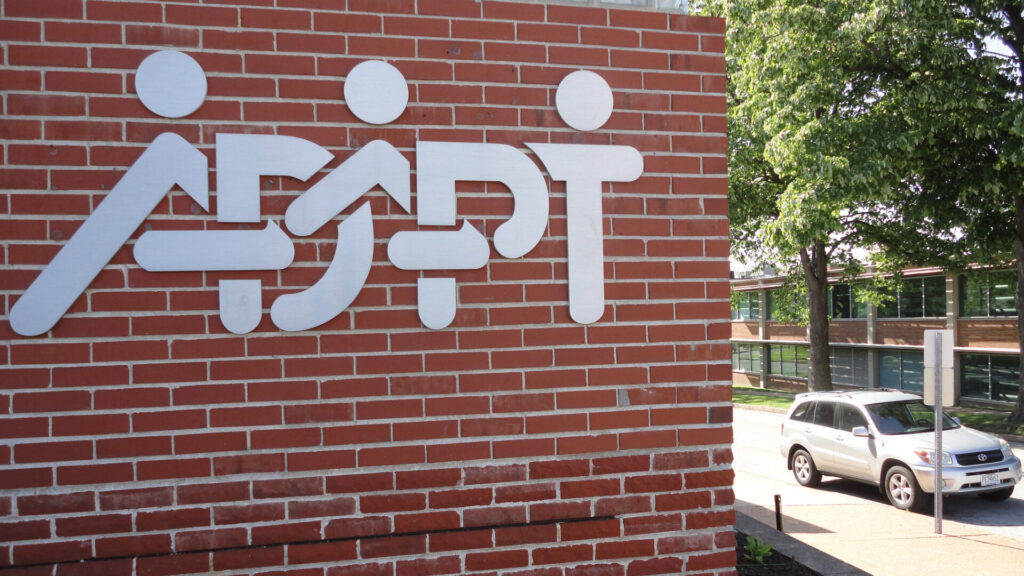Generation Z, the newest one entering the workforce, has been a thorn in the side of many employers. They’re painted as a toxic and entitled generation by employers, but is this designation deserved, or is it just another example of a generation gap? Let’s explore whether GenZ really is lazy or they’re just misunderstood.
Small Business Owners’ Harsh Criticism of Gen Z
A recent Freedom Economy Index report conducted by PublicSquare and RedBalloon revealed that 68% of small business owners considered Gen Z to be the “least reliable” among all their employees. In comparison, 71% believed that these younger workers were the most likely to have workplace mental health issues.

One respondent even went as far as to criticize Gen Z’s “absolute delusion, complete lack of common sense, and zero critical reasoning or basic analytical skills.”
Gen Z Seen as a Source of Division and Toxicity
The criticism didn’t stop there. Less than 4% of those surveyed said that Gen Z aligned most with their workplace culture, while a staggering 62% believed that Gen Z was the most likely to create division and toxicity in the workplace.

Another employee claimed that Gen Z expected promotions simply for showing up every day, further perpetuating the notion of an entitled generation.
The Perceived Risk of Workplace Lawsuits
According to the survey, 57% of small business owners believed that Gen Z posed the highest risk of creating a workplace lawsuit, suggesting that employing this generation could be a liability for their companies.

This perception has raised concerns among employers about the potential legal ramifications of hiring Gen Z workers. However, these businesses don’t realize that they might actually be doing something wrong.
The Skewed Perspective of Small Business Owners
HR consultant Dan Space pointed out that the survey’s focus on small business owners could have skewed the data. Most small businesses lack the corporate resources of larger businesses.

He noted that small businesses often struggle to offer competitive pay and a high-quality company culture, which are qualities that many younger generations prioritize when seeking employment.
Gen Z’s Expectations and the Phenomenon of “Quiet Quitting”
The concept of “quiet quitting” has gained traction in recent years, with Gen Z being credited for popularizing the idea of doing only the work they are paid for and maintaining a healthy work-life balance.

This mentality has been seen as a rejection of the toxic “above and beyond” culture that previous generations have endured. It has not earned this generation any endearment from the business owners of earlier generations.
The Informed and Confident Generation
Dan Space argues that Gen Z is one of the most informed, confident, and no-nonsense generations, having witnessed the struggles of Millennials before them.

He believes that Gen Z’s unwillingness to tolerate subpar working conditions and desire for transparency and fairness in the workplace are not inherently negative traits. They’re a result of knowing their rights.
Debunking the Mental Health Misconception
Regarding the commentary on mental health, Space refuted the claim that Gen Z is the most likely to have workplace mental health issues. It’s likely mental health issues persist in other employees as well.

Instead, he suggested that Gen Z is more confident in discussing their mental health and setting boundaries, leading to a misconception about their overall well-being.
Gen Z’s Strengths in Mid- to Large-Size Companies
While the issues outlined in the report are primarily confined to small businesses, Space noted that Gen Z tends to outperform in mid to large-size companies.

Their performance was enhanced particularly in areas such as technical skills, geography, politics, and interrelated systems. These skills are becoming increasingly valuable in the current global landscape.
The Challenges of Managing Gen Z Employees
Employers face new challenges when managing Gen Z employees. As Space pointed out, “You can’t intimidate them the way you could with millennials, nor do they have the Gen X apathy.”

He advises companies to focus less on short-term profits and more on gaining Gen Z’s approval for long-term success. Gen Z will work for people they respect much easier than forcing them to do work they don’t want to do.
The Context of Gen Z’s Entry into the Workforce
HR consultant Bryan Driscoll suggests that the misconception around Gen Z as entitled and toxic could be due to misunderstandings about the period in which they entered the workforce.

Gen Z has had to navigate a rapidly evolving technological landscape, shifting social values, and the challenges posed by the COVID-19 pandemic, reshaping notions of work-life balance and mental well-being.
The Unfair Portrayal of Gen Z
Driscoll argues that characterizing Gen Z as the “least reliable” generation is unjust and overlooks the broader context of the evolving workplace. The working world has changed immensely.

He believes that Gen Z’s expectations for transparency, inclusivity, and purpose in their work are often misconstrued as entitlement or unreliability.
Gen Z’s Prioritization of Well-being and Happiness
A 2024 Lifesum report found that 71% of Gen Zers would quit their jobs for one that supported their well-being, while 31% would consider a pay cut for a happier work environment.

This highlights the importance that Gen Z places on their mental health and overall satisfaction in the workplace. It’s a stark contrast to other generations that came before them.
Embracing Change and Unlocking Gen Z’s Potential
Driscoll emphasizes that embracing Gen Z’s changes can unlock their tremendous potential in the workplace. If approached properly, they could become very competent and brilliant employees.

Instead of bemoaning younger generations, employers should consider that Gen Z might be onto something when it comes to creating a healthier and more sustainable work culture.
The Need for Employers to Adapt
As Gen Z becomes the most prevalent generation in the workforce and voting, companies and politicians must listen to their concerns and adapt to their expectations.

Gen Z is not trying to destroy work culture; they are striving to improve it. Companies that fail to change and prioritize the well-being of their employees risk being left behind in the evolving landscape of work.






GIPHY App Key not set. Please check settings